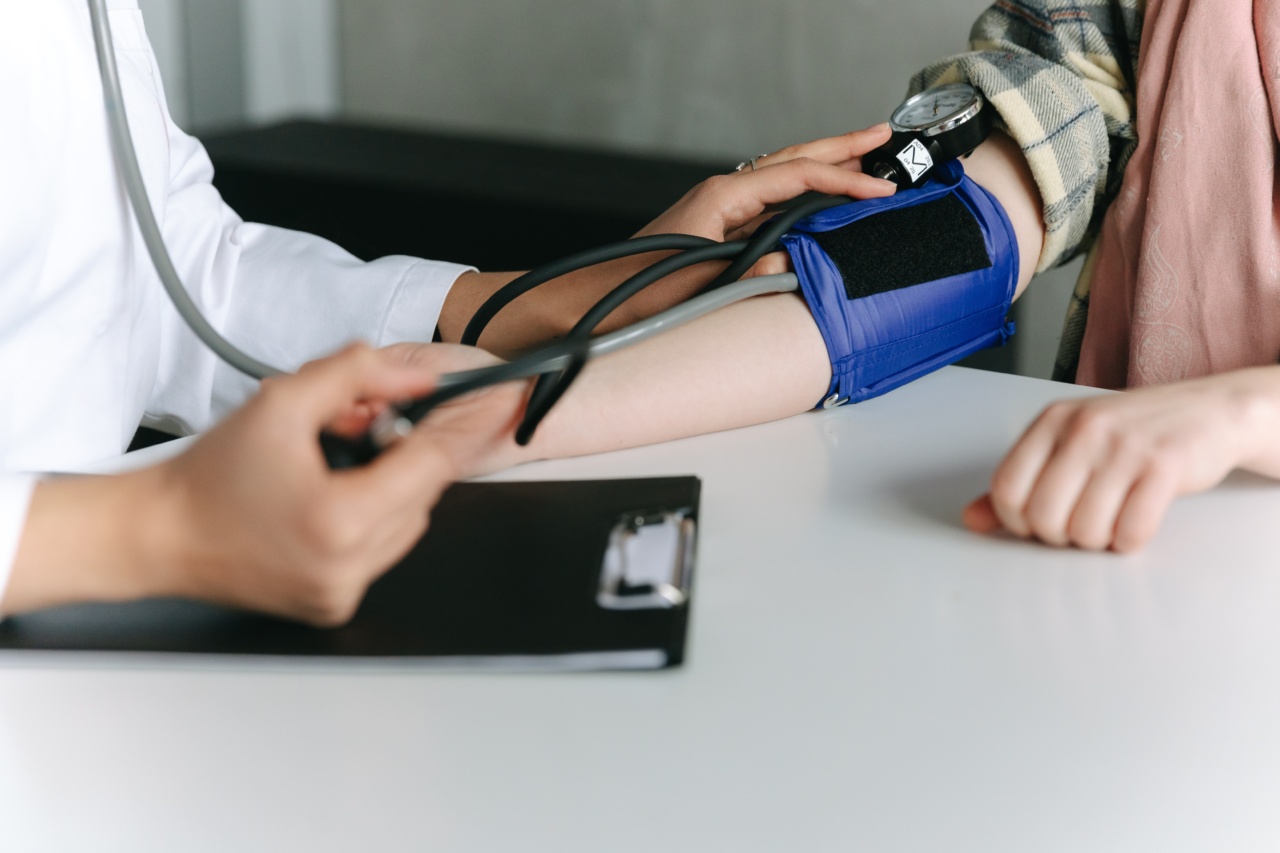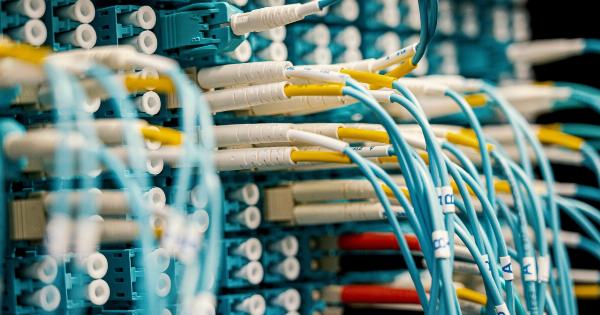Headaches are a common ailment that many people experience on a regular basis. They can range from mild to severe and can significantly affect one’s quality of life.
While there are various causes of headaches, one potential link that has been established is between hypertension (high blood pressure) and headaches. In this article, we will explore the connection between the two and discuss some important factors to consider.
Understanding Hypertension
Hypertension is a medical condition characterized by persistent high blood pressure levels. It is a chronic condition that affects millions of people worldwide and can lead to various health complications if left untreated.
Hypertension is often referred to as the “silent killer” because it can remain asymptomatic for an extended period, making it crucial to monitor blood pressure regularly.
Types of Headaches Associated with Hypertension
Headaches associated with hypertension are known as hypertensive headaches. These headaches tend to be more intense and persistent than regular headaches. They often feel like a throbbing pain that is most intense in the morning or upon waking up.
Hypertensive headaches can cause discomfort and affect productivity throughout the day.
The Mechanism Behind Hypertensive Headaches
The exact mechanisms behind hypertensive headaches are still not completely understood. However, it is believed that the increased pressure within the blood vessels in individuals with hypertension triggers headaches.
The blood vessels in the brain can become constricted or dilated due to the changes in blood pressure, leading to pain and discomfort.
Treating Hypertensive Headaches
The primary approach to managing hypertensive headaches involves treating the underlying hypertension. By effectively managing blood pressure levels, individuals can reduce the frequency and intensity of their headaches.
Lifestyle modifications such as maintaining a healthy diet, engaging in regular exercise, managing stress, and quitting smoking can help lower blood pressure. In some cases, medication may be prescribed by a healthcare professional to control hypertension and alleviate associated headaches.
Seeking Medical Advice
If you experience headaches regularly or have recently developed high blood pressure, it is crucial to consult a healthcare professional for proper evaluation and guidance.
They can assess your specific condition and recommend an appropriate treatment plan to address both the hypertension and the headaches.
Other Factors Influencing Headaches
While hypertension can contribute to headaches, it is important to note that other factors can also influence headache occurrence. These factors include:.
1. Stress: Stress is a common trigger for headaches. Managing stress levels through relaxation techniques and stress-reducing activities can help prevent or minimize headaches.
2. Poor Sleep: Lack of proper sleep or disrupted sleep patterns can increase the likelihood of developing headaches. Maintaining a consistent sleep schedule and adopting good sleep hygiene practices can be beneficial.
3. Dehydration: Water is essential for overall health, and dehydration can contribute to headaches. Staying adequately hydrated throughout the day can help prevent headaches.
4. Dietary Triggers: Certain foods and drinks, such as processed foods, caffeine, alcohol, and MSG, have been linked to headaches. Identifying and avoiding these triggers may help reduce headache frequency.
5. Hormonal Changes: Fluctuations in hormones, especially in women during menstrual cycles or menopause, can contribute to headaches. Working with a healthcare professional to manage hormonal imbalances may be beneficial.
Conclusion
Hypertension and headaches are interconnected, with high blood pressure being a potential contributing factor to more severe and persistent headaches.
Proper management of hypertension through lifestyle modifications and medical interventions can significantly reduce the occurrence and intensity of hypertensive headaches. Additionally, addressing other potential headache triggers such as stress, poor sleep, dehydration, dietary factors, and hormonal changes can provide overall relief.
Seeking medical advice to evaluate the causes of headaches and develop an appropriate treatment plan is essential for improving overall quality of life.






























